Cannes 2022: Europe is an Oasis of Culture
Cannes International Film Festival 2022, the largest press event in the world except for the Olympics (which this year was a disaster — or was that last year?), is filled with excitement and contradictions.

As Ukraine is mercilessly bombarded by a mad man named Putin, the warriors and worriers for the Seventh Art gather to celebrate another year of creative passion. Aside from the dazzling array of talent, people, film and intense discussions, the idea that we are warriors for culture takes a shape in my mind and hence this blog.

Contradictions define the human race. In spite of COVID rates rising, people not wearing masks gather together to watch movies and share ideas. Aren’t COVID and social mixing contraindicative of health and safety? And yet we dive in…will this event further our futures or curtail them as individuals? Therein lies another contradiction: Individuals would be better named dividuals, especially in our own minds. We are very divided, not indivisable and not independent. We are living together within a universal unity of oneness and are totally divided within and without our selves.
We have in our minds that it takes democratic free speech to support artists. And free speech is getting more expensive by the day. Even the film Markets themselves (The Cannes Marche, EFM and AFM) are more worried about making money than about how to best support filmmakers’ buyers and sellers.
Dividing an indivisible world into geo-political pods, Europe stands out as a cultural oasis. To further elucidate this, I interviewed Doreen Boonekamp, formerly Director of The Netherlands Film Fund (one of Europe’s smallest countries but one with the farthest reach in many ways). Doreen is now Chair of the Open Method of Coordination (OMC) of the European Union Member States’ Experts on Coproductions. Co-productions that Shine shows that the commitment of Europe to continuing cultural development is unique among all national alliances.
(for discussions, stats, and author profiles for their publication go here: https://www.researchgate.net/publication/359137163 ).
Wishing to put together a dialogue between two seemingly opposite camps, I also spoke with Shivani Pandya Malhotra, Managing Director of the Red Sea International Festival who, in my opinion, is the only spokesperson for culture (i.e., film) in the Middle East as she has gone from 15 years as head of the Dubai Film Festival to the now most impressive, showiest of showcases of Arab and African films, the Red Sea International Film Festival in Jeddah, Saudi Arabia. Shivani herself, India born and raised, is an example of crossing culture and is a rare woman leading a world class event (in spite of Iris Knobloch being named titular head of the Cannes Film Festival, a largely ceremonial position but the first time held for a woman and a non-French one at that). Equally notable is Mrs. Fatma Al Remaihi, Chief Executive Officer of Doha Film Institute in Qatar who has maintained her position since the longest standing such institute’s inception.
The dialogue will have to wait, but regarding Saudia Arabia: we do not have to put into the words the arguments for and against giving support to the country as they are repeated in every discussion, but on the warrior for culture front: the youth of the Islamic Middle East and Africa are hopeful and filled with their as-yet-untold-stories now waiting at the gate to be released to the world. This, to me, represents the democratization of media and of free speech.
Culture in the Middle East, while ancient, has never been widely disseminated or even spoken of as if its existence mattered to its leaders. Now, just perhaps, this is changing…
So to begin this rambling blog: beginning at the end, the awards have been handed out, Cannes is over for another year during which many as yet unknown events will occur either further dividing or further uniting us in the film world.
Of the approximately 130 films in the Festival and its sidebars, of course the majority were European…we are in Europe, after all, and film is a largely European invention; but here are the “others” whose themes are so often individual and group rights, indeed one can rightly call the filmmakers warriors for culture as the films make their cases heard. Very few are such elegiac slice-of-life sonatas as is Mia Hanson Love’s European film One Fine Morning for example. You can read the storylines as they are linked into the titles through IMDb:
Middle East & North Africa (MENA)
The Middle East and Africa have nine films in the festival if you include Iran and Turkey. Tunisia leads with three: Harka in Un Certain Regard by Lofty Nathan’s whose film won a prize at the Red Sea Film Fest as a work in progress; it a story about a young man who is barely making a living selling contraband gas. The young Tunisian suddenly finds himself in charge of his two sisters after this dad’s death. This is actually the story of the man who ignited The Arab Spring. In Directors’ Fortnight is Ashkal by Youssef Chebbi (workshopped at Qumra and Venice Gap Financing Market) and Under the Fig Trees (Venice Production Bridge and Marrakech International Film Festival, Atlas Workshops) by Eriga Sahiri, a copro of Tunisia, France and Switzerland. Iran has two films, Competition film Leila’s Brothers/ برادران لیلا by Saeed Roustayi and Critics’ Week in Competition film Imagine تصور by Ali Behrad. Turkey’s Burning Days is in Un Certain Regard, as is Morocco’s The Blue Caftan, and Qatar’s copro with Costa Rica, Domingo And The Mist. Palestine’s Mediterranean Fever is in Critics’ Week.
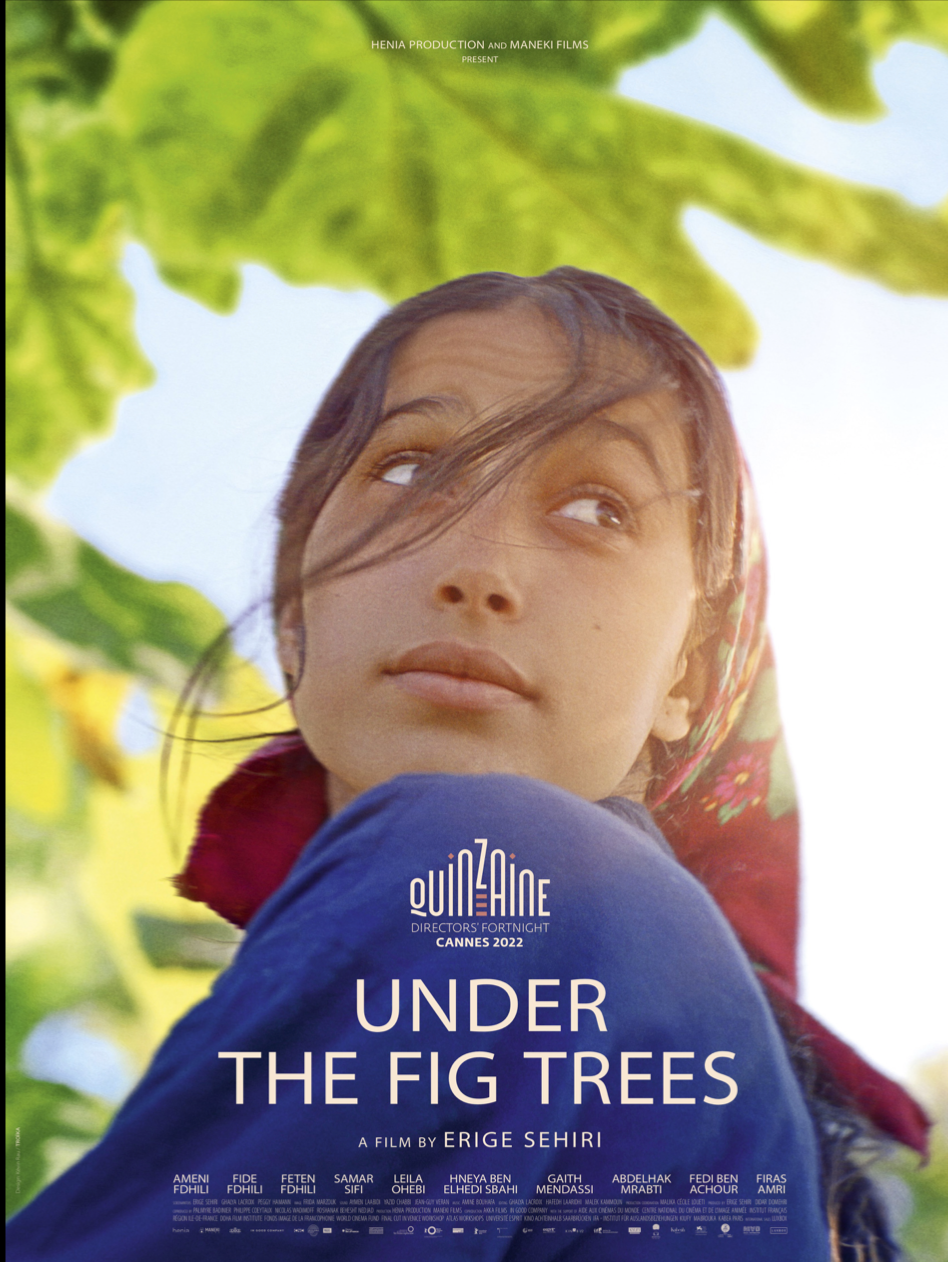
Sub Saharan Africa
Africa has so little at the festival, considering how long the French particularly have been “helping” their ex-colonies develop films from their own culture.
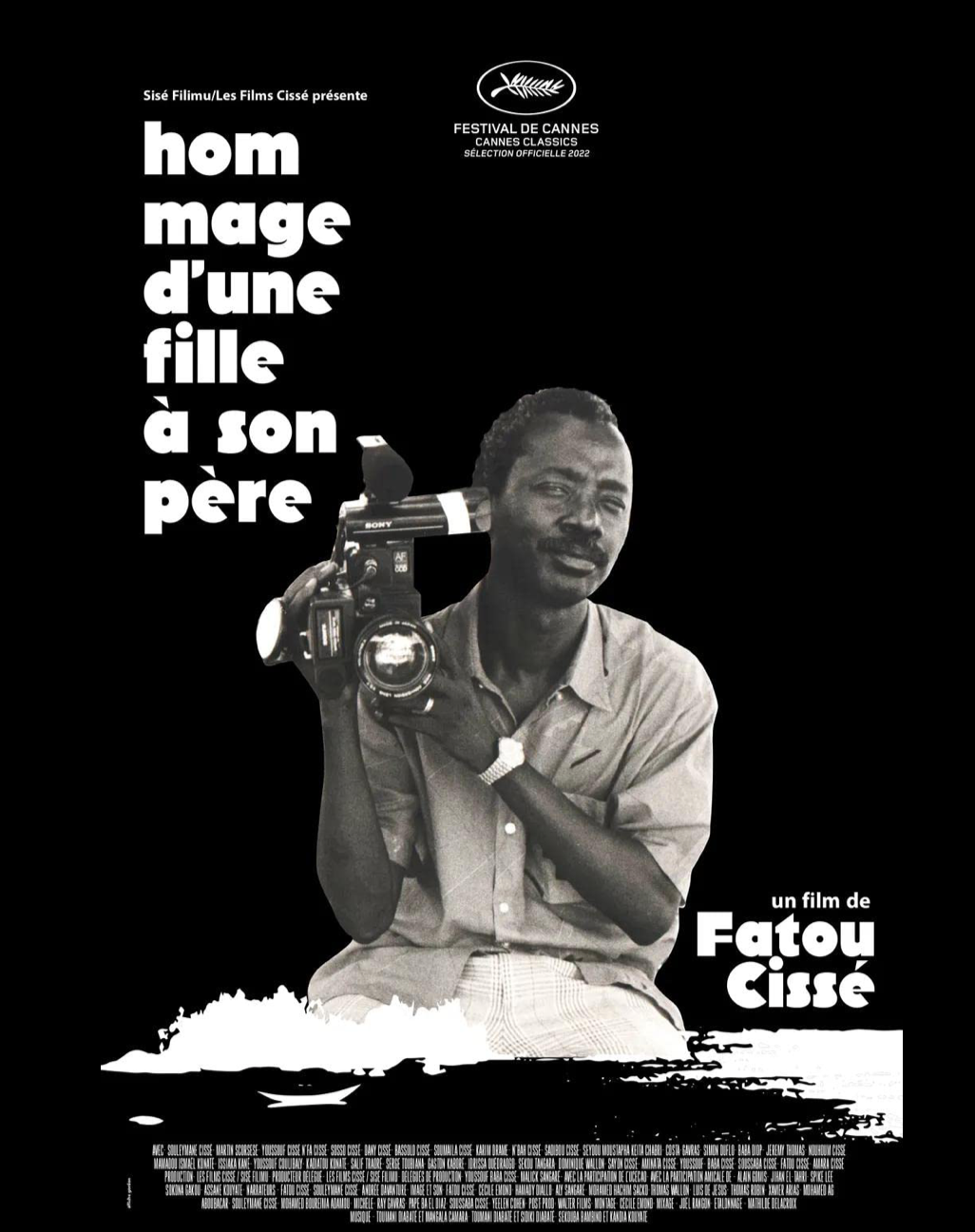
Late to be announced for Cannes FF Classics was A Daughter’s Tribute to Her Father: Souleymane Cissé/ Hommage d’Une Fille à Son Père by Fatou Cissé from Mali tracing the life and career of one of the greatest and most influential African filmmakers from his childhood and teenage years through the making of such acclaimed films as Cannes Jury Prize winner Yeelen to the present day.
Opening Un Certain Regard is the Senegalese-French film Father and Soldier/ Tirailleurs starring Omar Sy about a father, who enlists in the French army in 1917 to join his 17-year-old son, who was drafted by force directed by Mathieu Vadepied. Directors’ Fortnight is screening The Dam, a Sudanese coproduction of France, Germany, Serbia, Sudan. This slow art film about a worker in a traditional brickyard by the the Nile who secretly builds a mysterious mud construction. The Dam/ Le Barrage is proportedly a political fable about the power of imagination set against the backdrop of the Sudanese revolution. However, it never fully realizes itself.
A Sudanese project is also in L’Atelier, Cotton Queen by Sudanese-Russian filmmaker Suzannah Mirghani as is an Ethiopian one, The Last Tears Of The Deceased directed by Beza Hailu Lemma and produced by Gobez Media’s
Tamara Mariam Dawit; and from Zimbabwe, Chimbo chebere (The Hyena’s Song) formerly named Akashinga by Naishe Nyamubaya, which like Harka, won a 2021 Red Sea Film Festival award as a Souk project. It is a fascinating look at two sisters, one armed against poachers of wild life and the other siding with farmers seeking sustainable farming which is enroached upon by the wild life itself. Let’s hope the future brings these three films into the festival.
Latin America
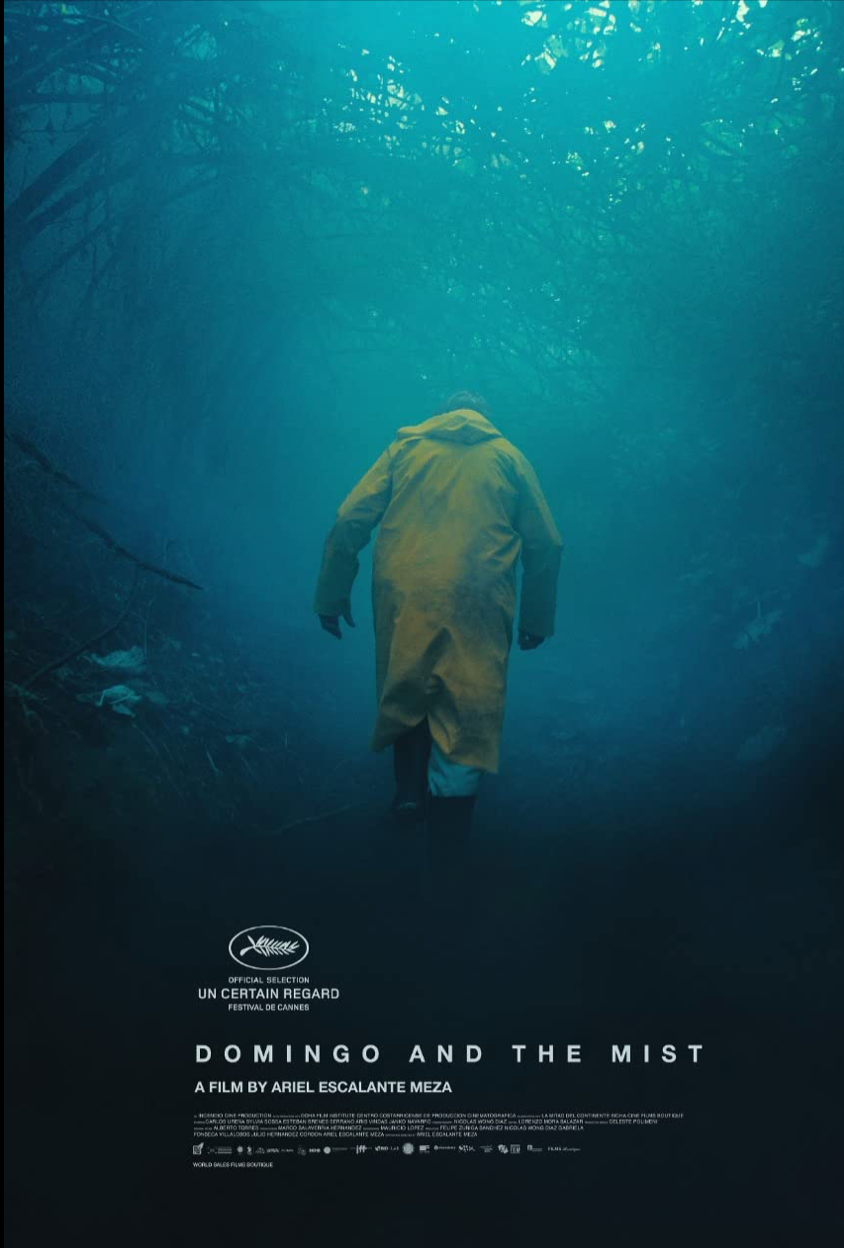
Coming out of Latin America, Costa Rica’s first time in an Official Selection is Domingo and the Fog/ Domingo y la niebla, supported in part of Qatar’s Doha Film Institute. There are two copros from Colombia: The Pack/ La jauría by Andrés Ramírez Pulido, a copro of Colombia and France and A Male/ Un varón by Fabian Hernández, a copro of Colombia, France, Germany, and Netherlands. Two from Chile are Mi país imaginario by Patricio Guzmán and Chile: 1976 by Manuela Martelli and Alejandra Moffat, a copro of Chile and Italy, recently picked up for USA by Kino Lorber.
Asia
China seems to still be isolating. And who speaks for Hong Kong today? And why is Malaysia always so absent?
As for other Asian entities, Japan — whose great Who Will Drive My Car screened here last year and won the Oscar for Best International Film — has two films in the festival, Yamabuki in ACID and Plan 75 in Un Certain Regard. South Korea continues to thrive with four films: Broker and Decision to Leave are both in Competition, Next Sohee is Closing Night Film for Special Screenings of the Festival and Hunt is in Critics Week.
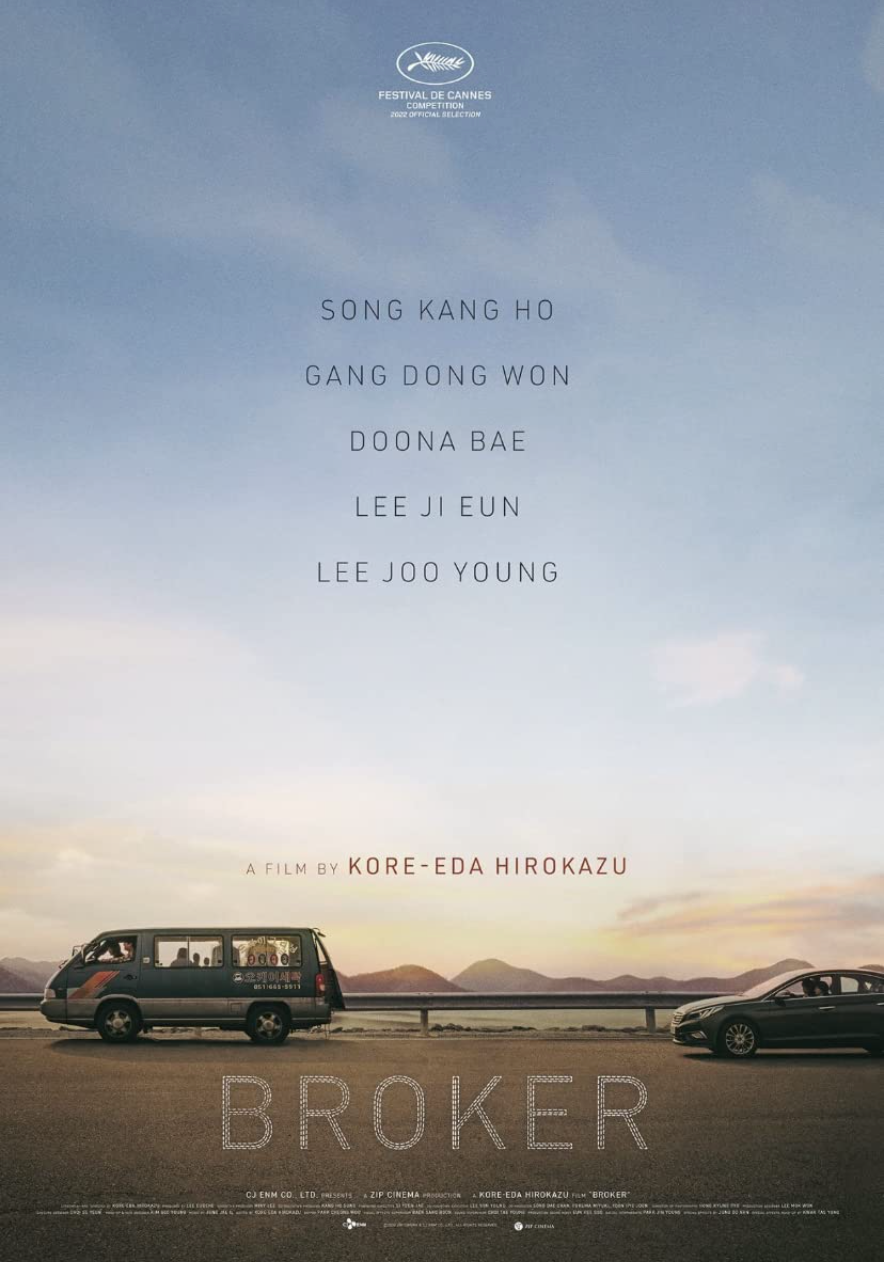
Southeast Asia is represented by Pakistan’s first film ever in Cannes Film Festival, Joyland in Un Certain Regard. Central Asia, Kyrgystan, is represented by the documentary The Hill in ACID. India and UK’s documentary All That Breathes is in Cannes Special Screenings.
Australia has two coproductions, with the USA, Baz Luhrmann’s Elvis in Competition, George Miller’s Three Thousand Years of Longing out of Competition plus The Stranger in Un Certain Regard.
Myanmar is represented in L’Atelier with one project, The Beer Girl In Yangon directed by Sein Lyan Tun. Another L’Atelier project is the Philippine project Sam directed by E del Mundo.
Trying to fight on the cultural front, Ukraine has three films. In Un Certain Regard is Butterfly Vision directed by Maksym Nakonechnyi, a Ukranian Croatia, Czech Republic, Sweden coproduction being sold by Wild Bunch. The feature has also been acquired by Nour Films for theatrical release in France. Inspired by the experiences of women serving in Ukraine’s armed forces against Russian-backed separatists in the country’s eastern Donbas region, in a conflict that began in 2014 and has since escalated following Russia’s invasion of Ukraine on February 24. It revolves around a female Ukrainian aerial reconnaissance expert, who returns home to her family after serving in the Donbas, where she was captured and held prisoner for months.
Directors’ Fortnight is screening Pamfir directed by Dmytro Sukholytkyy-Sobchuk, a France, Ukraine, Luxembourg coproduction.
In Special Screenings is the Ukranian production The Natural History of Destruction directed by Sergei Loznitsa whose film Babi Yar: Context played Cannes last year.
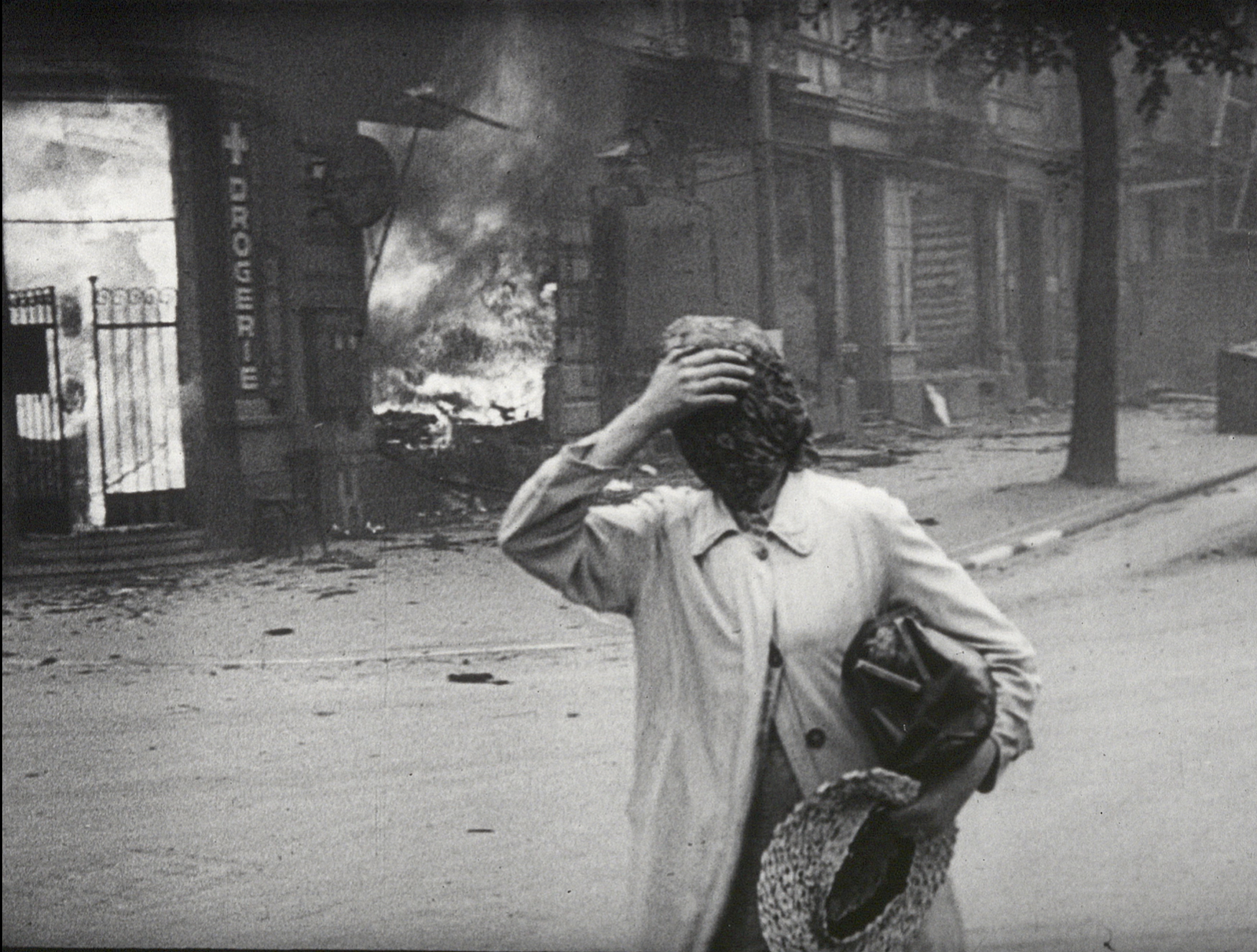
North America
We all know all too well that USA has no government support of culture (disregarding the infinitesimally tiny National Association of the Arts, National Public Radio and the Smithsonian complex of museums), so we can eliminate it as a rival oasis right here. On the other hand, out of 130 films showing in Cannes Film Festival’s Official Selections and its satellites Directors’ Fortnight, Critics’ Week and ACID, US productions cum coproductions number 19 or 15 percent. USA is the Capital of Capitalism, but as in any nation, there is great talent and consequently there are great voices who can stand up for Democracy as an political system that nurtures creativity, even if its most ubiquitous films are made in order to make money for their corporate owners who only pay 10% of the total GDP.*
US or US coproduced films: Cannes FF Classics: The Last Movie Stars. In Cannes Competition: Armageddon Time, Showing Up, The Stars at Noon, Triangle of Sadness, Cannes Midnight: Moonage Daydream, Cannes FF Out of Competition: Elvis, Three Thousand Years of Longing, Top Gun: Maverick; in Cannes FF Premiere: Irma Vep (miniseries); in Cannes FF Special Screenings All That Breathes, Jerry Lee Lewis: Trouble In Mind; in Cannes FF Un Certain Regard: The Silent Twins, War Pony aka Beast; in Critics’ Week in Competition: Aftersun, Critics’ Week Special Screenings: When You Finish Saving the World (Opening Film); in Directors’ Fortnight: Funny Pages, Men.
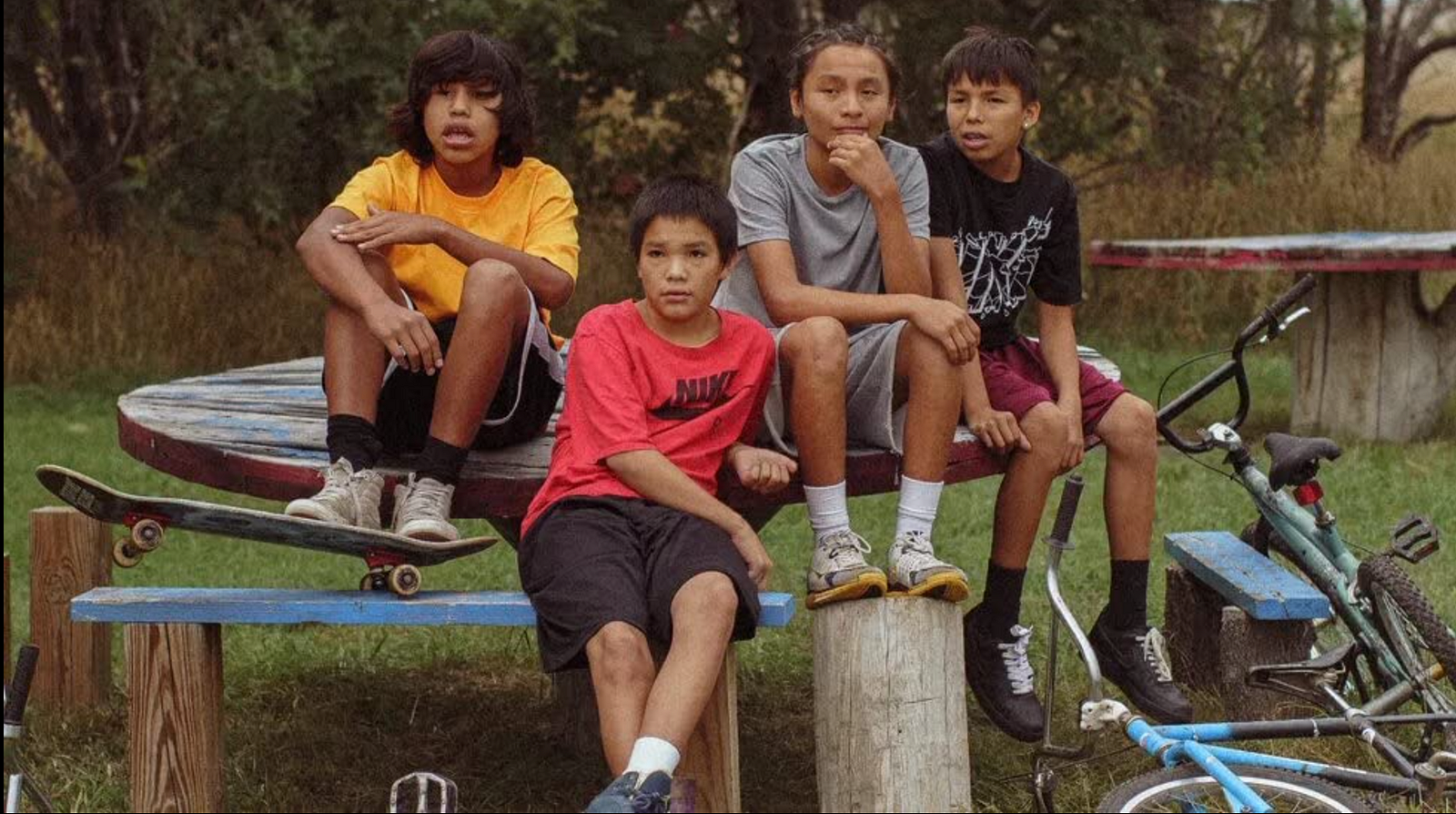
Canada is surprisingly short on films with David Cronenberg’s Crimes of the Future in Competition and Falcon Lakeby Charlotte Le Bon in Directors’ Fortnight.
Europe, The Oasis of Culture exists in the midst of human contradictions. Its history of defining art (in contradiction to its having built itself on the back of slavery and the looting of its colonies); its current attempts at building socialistic systems (even while capitalism thrives) which will maintain its cultures; and in its current attempts to remedy the past by official acts of inclusion (even while boatloads of refugees from Africa and truckloads of refugees from the Middle East are struggling to penetrate their borders, while capital knows no boundaries).
Humankind is filled with contradictions but at least we are still here, a noble experiment if not an entirely successful one, guardians of the world we have inherited.
*In US, ordinary tax payers pay 77% of the GDP and payroll taxes account for 6.2%.




No comments:
Post a Comment